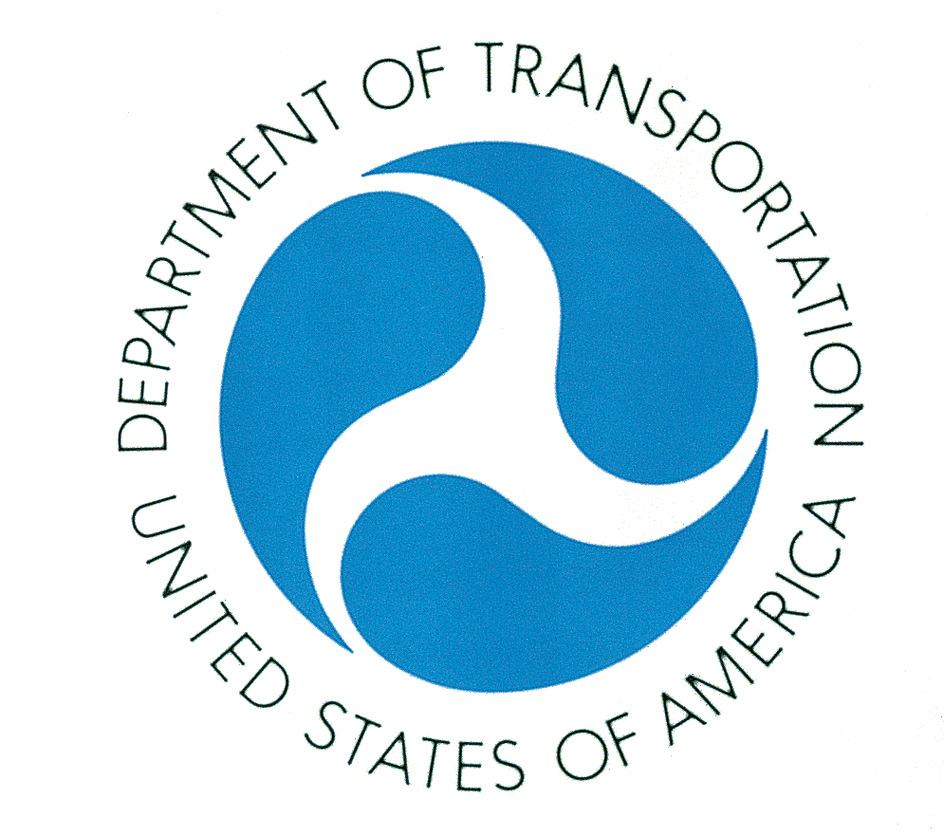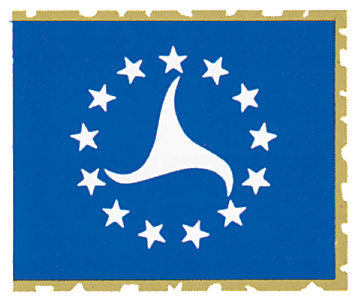Transportation, Department of, is an executive department of the United States government. The department works to guarantee the availability of safe, economical, and efficient transportation in the United States. The department is sometimes called the DOT.

The secretary of transportation, a member of the president’s Cabinet, heads the department. The secretary is appointed by the president with U.S. Senate approval. The secretary serves as the president’s chief adviser on transportation matters.
Functions.
The Transportation Department promotes safety in all forms of transportation. It sets and enforces safety standards for the design and manufacture of transportation equipment and for the operation of airplanes, trains, and trucks. The department also enforces safety standards for the transportation of chemicals and other hazardous materials. 
The Department of Transportation grants money to cities to help provide and improve mass transportation facilities. It establishes programs to help reduce the number of highway deaths and injuries. It also helps finance Amtrak, the nation’s passenger rail system. The department also grants licenses for the launching of nongovernment satellites and for commercial launch facilities.
The Transportation Department conducts studies to solve transportation problems and to ensure that U.S. transportation systems comply with the nation’s environmental protection laws. The department carries out research and development programs in cooperation with private industry and universities. The department’s website at https://www.transportation.gov presents additional information on its activities.
Agencies
of the Department of Transportation include the Federal Aviation Administration, the Federal Highway Administration, and the Maritime Administration. Other DOT agencies promote railroads, public transit, and transportation-related safety issues.
The Federal Aviation Administration operates air traffic control and navigation systems. It certifies civilian pilots, aircraft, airports, and aviation schools. The agency also directs a program of federal aid to airports. See Federal Aviation Administration (FAA) .
The Federal Highway Administration provides financial assistance to states for the design and construction of highways and bridges. It also works to guarantee the safety of trucks and buses. See Federal Highway Administration (FHWA) .
The Maritime Administration promotes a strong and efficient United States merchant marine. The merchant marine consists of the nation’s commercial ships—including both cargo ships and passenger ships–and the people who operate them. The Maritime Administration runs the U.S. Merchant Marine Academy at Kings Point, New York. It also supports the nation’s armed forces during national emergencies. See Maritime Administration .
History.
The federal government took an active part in transportation long before the Department of Transportation was created. About 100 agencies, bureaus, and divisions have administered federal transportation programs. Congress created the Department of Transportation in 1966, and it began operating in 1967.
The department took over several agencies and duties from other executive departments. For example, the Federal Aviation Agency, which had been an independent agency, became the Federal Aviation Administration in the new department. In 1981, the Maritime Administration was transferred to the department from the Department of Commerce.
Some agencies that regulate the affairs of transportation companies operate outside the department as independent agencies. These include the Federal Maritime Commission and the Surface Transportation Board.
Some agencies that deal with transportation issues were transferred from the Department of Transportation to the newly created Department of Homeland Security in 2003. The move was part of a government effort to better protect the nation against terrorism. The moved agencies included the Transportation Security Administration and the U.S. Coast Guard. The Transportation Security Administration enforces security regulations, including those for air, rail, highway, and waterway transportation. The Coast Guard protects life and property at sea and enforces U.S. maritime laws. See Coast Guard, United States ; Transportation Security Administration .
